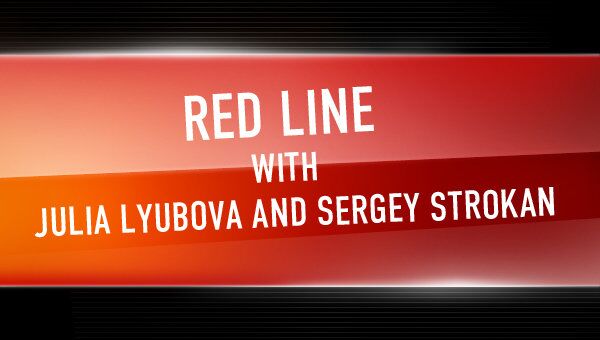Russia’s President Vladimir Putin made two key-note addresses in less than a week, focusing on Russia’s relations with the West and spelling out the concept of country’s sovereignty. Russian leader hinted he would tolerate no sanctions and intimidation policy while leaving the door open for decent partnership. Alexander Domrin, Professor of the High School of Economics and Pekka Viljakainen, Advisor to the President of Skolkovo Foundation shared their opinions with Radio VR.
Alexander Domrin, Professor of the High School of Economics.
– I believe that there are actually two questions here. The most principle question is certainly the question of state sovereignty. State sovereignty is one of backbones of international law and of international order. I’m really very disappointed when some of my American colleagues start saying that the concept of state sovereignty belongs to the 19th century. For some reasons, they don’t believe that state sovereignty of their own country can be diluted, but they believe that state sovereignty of other countries client states of their big countries, it can be diluted.
From my point of view, it’s extremely dangerous to start violating the concept of non-interference into domestic affairs of other countries of the world and, of course, to start interfering with state sovereignty. That’s a kind of principle position.
And then, of course, we have some pragmatic, some practical aspect of this approach. And of course we should speak about sanctions. I believe that the sanctions are a good signal to us.
– In what way?
– Well, overall, I’m a very positive person, a very optimistic person.
– But there is nothing pessimistic over sanctions.
– That’s exactly, what I mean. There is always something on the bright side of life. If they declare sanctions against us, definitely they send us a signal of the weakest links in our economy, in our society. What can be improved to avoid some bad consequences of this kind of sanctions? What can be changed in our own economy? How can we modernize our own economy? How can we mobilize our own society? That’s, what I mean.
Of course, there is nothing good about being a target of sanctions; moreover, when those sanctions are not fair. And that’s exactly, what I’m talking about as far as these current, first of all, the US sanctions against Russia are concerned. But, on the other hand, you know this famous statement of German philosopher Nietzsche – what doesn’t kill us, makes us stronger.
Pekka Viljakainen, Advisor to the President of Skolkovo Foundation.
– Well, first of all, my view, of course, is very dominated by the Hi-tech industry. So, I can’t talk on the behalf of the heavy industries, or construction, or property. But what comes to the Hi-tech area and especially to the start-ups and smaller technology companies, I think that the impact has been quite limited so far. And it’s because this Hi-tech world, innovation world is by definition extremely international already.
So, if you take young entrepreneurs somewhere in the world, in Helsinki or in Moscow, or in New York, I think they are thinking pretty much in the same way and they are just focusing on the technology; and they want to make a global success. I think that if this continues and where we can see an impact in the future is when we are searching for venture companies to invest into the Russian start-ups or technology companies. But also, because many of these companies have holding companies somewhere in the EU or in the US, I think there is way to avoid the major impact for those businesses. Those are also capital intensive, they are not so equity intensive, and that is why I think that in my area the impact has been quite limited so far.
– How has the perception of Vladimir Putin’s image changed in the last week?
– Well, of course, he is a state’s head, he is the President and he has also strong support from the citizens of the Russian Federation. I think he has a very strong image as leader. But I think people don’t know so much about him, I suppose. Of course, everybody knows, he has visited regularly Finland, last summer he was here. And we know something, but as a person or a personality, it’s very difficult for an ordinary person to know.
I personally think that the Western media or the Russian media, they are making a lot of mistakes in their communication. I don’t call it a propaganda, it’s too simple to say that every single journalist is working for propaganda. I think it’s also ignorance and there are people, who simply don’t know and they are referring to the other sources and then, if you combine these rumors connected with rumors, with some propaganda somewhere, for ordinary people it’s very difficult to understand what is happening, who is Mr. Putin, what is his standpoint and so forth. So, that’s why, I think people are more confused. They are confused, for sure.
And for Finland, traditionally, we’ve had very good trade relations and all kind of relations with the Russians. So, I don’t think that there is any kind of a permanent damage caused. But, of course, if this prolongs, if it takes longer time, if it starts to impact on a personal level, of course, then it is bad. But so far I think that this is a handable situation. And I don’t see any major direct impact for the relations.

